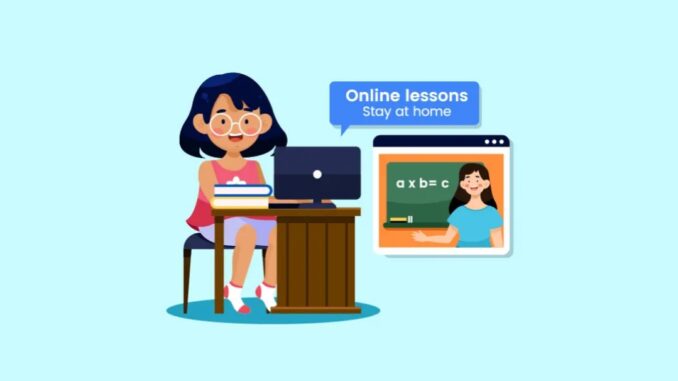
Affiliate marketing and the creator economy are two interconnected concepts that have gained significant traction in recent years,
largely due to the rise of social media and digital content creation. Let’s break down each component and examine their relationship.








Affiliate Marketing
Definition: Affiliate marketing is a performance-based marketing strategy where businesses reward affiliates (which can be individuals or companies) for driving traffic or sales to their website through the affiliate’s marketing efforts.
How It Works:
Partnership: An affiliate partners with a business and promotes its products or services.
Unique Links: The affiliate receives a unique tracking link to share with their audience.
Commission: When a sale or desired action (like a lead or signup) occurs through the affiliate’s link, they earn a commission.
Advantages:
Cost-Effective: Businesses only pay for actual sales or conversions, minimizing risk.
Wide Reach: Affiliates can help brands reach new audiences and diversify their marketing efforts.
Scalability: Companies can scale their affiliate programs based on performance.
The Creator Economy
Definition: The creator economy refers to the ecosystem of creators—content producers, influencers, and independent artists—who monetize their content, skills, or services directly through various platforms.
Key Components:
Content Creation: Influencers create content across platforms like YouTube, Instagram, TikTok, and personal websites.
Monetization: Creators earn money through sponsorships, merchandise sales, subscriptions, and affiliate marketing among other methods.
Community Engagement: Successful creators often build engaged communities around their content, allowing for deeper connections and loyalty.
Trends:
Many creators leverage affiliate marketing as a significant revenue stream, often incorporating product recommendations into their content.
The rise of platforms that support creator monetization (e.g., Patreon, OnlyFans) has enhanced the creator economy.
The Intersection of Affiliate Marketing and the Creator Economy
Content-Driven Promotions: Creators use native content (e.g., tutorials, reviews, or lifestyle vlogs) that seamlessly integrate product recommendations, making affiliate links feel more organic.
Trust and Authenticity: Influencers and content creators often have established trust with their audience, making their affiliate promotions more effective. Their followers are likely to take action based on their recommendations.
Performance Analytics: Advanced tracking tools and analytics allow both companies and creators to measure the effectiveness of their affiliate strategies, refine their approaches, and maximize returns.
Diverse Platforms: With the growth of e-commerce and social commerce, affiliate marketing opportunities are expanding across platforms (e.g., Instagram shops, TikTok) allowing creators to diversify their revenue streams.
Community-Centric Models: Some creators are forming their own affiliate programs, inviting their followers to help promote products while earning commissions, creating a participatory aspect to their business.
Conclusion
The synergy between affiliate marketing and the creator economy presents exciting opportunities for both brands and creators. Businesses can tap into the authentic connections influencers have with their audiences to drive sales effectively, while creators can monetize their content and expand their income sources. As both landscapes continue to evolve, understanding the nuances of this relationship will be crucial for success in digital marketing and content creation.

Leave a Reply